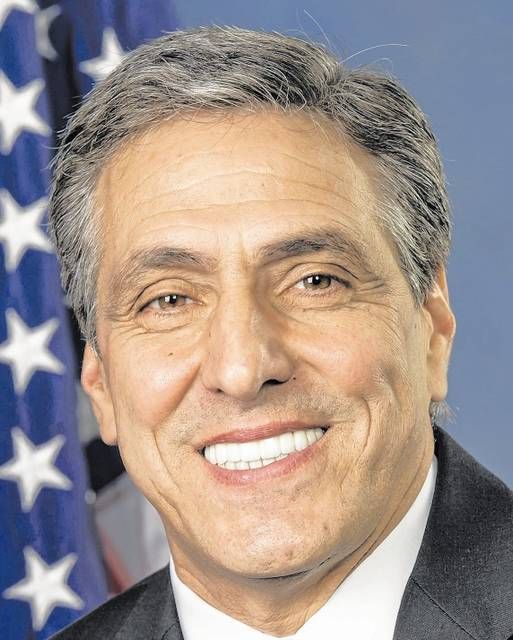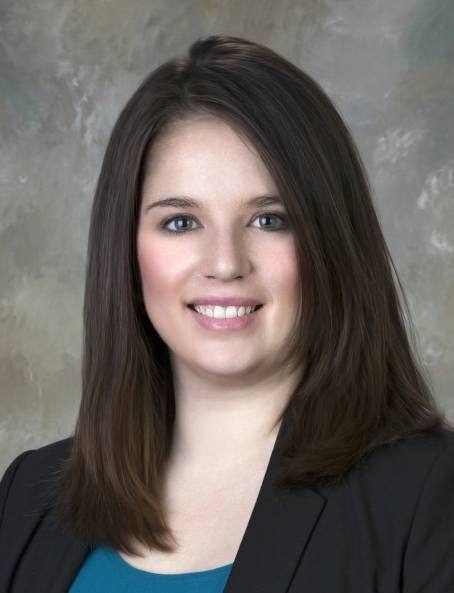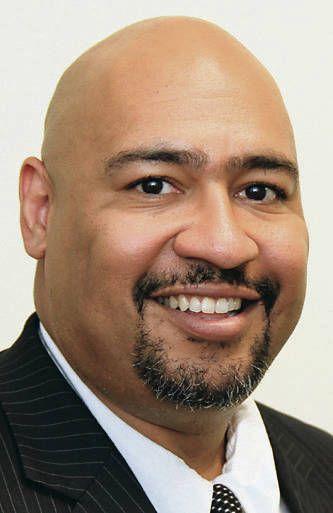Click here to subscribe today or Login.
WILKES-BARRE — U.S. Rep. Lou Barletta, R-Hazleton, said Friday that he has not decided when to announce his intentions for 2018 — will he run for re-election to the U.S. House of Representatives for a fifth term, or will he, at the urging of President Donald Trump, dare to take on two-term Democratic incumbent U.S. Sen. Bob Casey of Scranton.
With a decision yet to be announced, several Republicans have been jockeying for position to run for Barletta’s House seat should he choose to opt for the Senate run. They include State Rep. Tarah Toohil, R-Butler Township, and former Pennsylvania Secretary of Revenue Dan Meuser.
But hints — big hints — keep falling that suggest Barletta will go for the Senate gusto and take on Casey next year. The latest was the revelation that Barletta’s Senate campaign is listed as one of the clients for BrabenderCox, one of the largest public relations firms in the Pittsburgh area.
Barletta said Friday that he hopes to make an announcement “soon.”
Adding fuel to the Barletta for Senate soup was a letter sent to Jeff Bartos, a Montgomery County businessman, who has announced his candidacy for the GOP nomination for the U.S. Senate. Apparently, Bartos said some not nice things about Barletta — kind of what you would expect in today’s politics, especially from a candidate not in favor with his party.
The Republican County Chairs of the 11th Congressional District sent Bartos a letter making their position crystal clear.
“As the Republican Party of Pennsylvania County Chairs for the 11th Congressional District, we find it very troubling that you are running ads attacking our Republican Congressman Lou Barletta. Your personal attacks against Lou Barletta are wrong, desperate, and beneath the dignity of the nomination you seek,” the letter stated.
It went on to note that just last week, Pennsylvania Republican Party Chairman Val DiGiorgio sent a memo to all 2018 statewide candidates and campaigns stating that “unnecessary negative campaign rhetoric and attacks will be detrimental to the ultimate goals of our Party.”
A week later, Bartos unloaded on Barletta.
“This is an attack against all of us who have worked to help Lou and other conservative Republicans win important seats. If we are going to win important judge races in 2017, and defeat Bob Casey in 2018, we need to be united as a party, not divided. We are incredibly disappointed. For these reasons, we cannot support you for the Republican nomination.”
It was signed by all the GOP county chairs, including Ron Ferrance of Luzerne County.
Health insurance options
offered for college students
Acting Pennsylvania Insurance Commissioner Jessica Altman this week announced a consumer alert on the different health insurance options for college students.
“As the fall semester begins, it’s important for college students to make sure they have health care coverage. What is best for each individual student will vary according to that student’s circumstances,” Altman said in a news release.
Altman notes that for most students, the options are to remain on their parents’ health plan, or to buy coverage on their own.
All insurance plans or insurers that offer dependent coverage must continue covering dependents on the policy until the age of 26, Altman said.
For students staying on their parents’ plan who no longer live in the same area as their parents, it is important to understand the difference between getting coverage through a Health Maintenance Organization or a Preferred Provider Organization. An HMO plan typically only covers care received from a network of providers that have agreed to contract with the insurer. These providers are usually located in the area where the health plan is sold, so students insured under an HMO may be outside of that HMO’s service area of physicians and hospitals while at school.
“What this may mean for students under HMO plans is they may be covered for only emergency care while at school, and may have to travel into the HMO service area for any other treatment,” Altman said.
PPOs also have a contracted network of providers, but these plans typically also offer some coverage for care received from out-of-network providers. A PPO plan may pay benefits at out-of-network levels for care received outside of a PPO network, but it’s important to remember the costs to the consumer for out-of-network services may be considerably higher than for in-network services.
Some schools offer on-campus resources for mental health services, such as counseling. However, if a school does not offer these services, or if the school offers a limited number of visits, students may need to seek treatment through an off-campus provider.
Study: New program
for drug offenders
leads to less re-arrests
A preliminary study shows a pilot disciplinary program aimed at non-violent drug offenders is lowering the probability that an inmate will be rearrested upon release.
Working with researchers at Drexel University, the Pennsylvania Department of Corrections last year developed and implemented a new program, known as SIP-HOPE, within the State Intermediate Punishment program at two community corrections centers — one in Scranton and one in Allegheny County — between September 2015 and September 2016.
“The results of this study show an impressive 13 percent reduction in re-arrests among SIP-HOPE participants,” said Bret Bucklen, director of research and planning for DOC. “Further, SIP-HOPE participants spent fewer days in prison or jail, demonstrating the ability of this approach to not only reduce crime but also to reduce the use of costly prison beds.”
Bucklen said the results are in line with much of the accumulated evidence from more than a dozen other states showing the effectiveness of the swift, certain, and fair (SCF) supervision approach.
“It is becoming increasingly clear that the SCF supervision model is a leading evidence-based model for improving public safety within community-based corrections,” he said.
“We are working aggressively and strategically to reduce future criminality of individuals in our charge,” said Corrections Secretary John Wetzel. “These results point to the fact that this new approach is showing positive outcomes.”
SIP is a 24-month structured sentence for non-violent drug offenders incorporating inpatient and outpatient drug treatment. Participants reside in the CCCs, for the latter portion of the sentence.
Inmates were given clear rules — including a ban on alcohol and illicit drugs — that were prominently displayed on posters in the CCCs. The SIP-HOPE participants were given breathalyzers each time they entered the CCCs and were subject to random drug testing.
When an individual was found to have violated the SIP-HOPE protocol the response was immediate. First-time violators received 24 hours in prison. Those committing subsequent offenses saw increased time in prison or potentially expulsion from the SIP program.
Once sanctions were completed, inmates were permitted to resume all programming as if no violation had occurred and at all times participants were informed that addiction treatment was available.
The DOC is planning to expand SIP-HOPE to additional community corrections centers.








